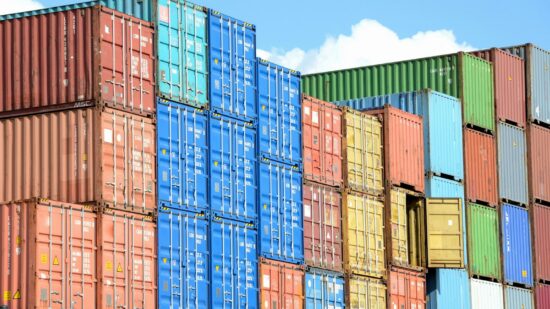The European Commission has granted six countries – Algeria, Nigeria, Norway, Qatar, the United Kingdom and the United States – an exemption from prior authorisation requirements for natural gas imports under the RePowerEU Regulation.
What does this mean?
Gas sourced from these six countries will no longer require prior authorisation under Article 5(3) or evidence of country of production five working days in advance – streamlining customs procedures for established supply routes.
For further information about the new exemptions, their practical implications, and what importers need to know looking ahead, see our latest client alert.


